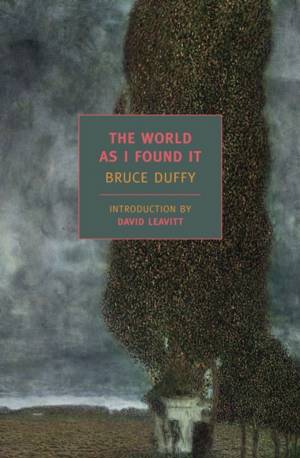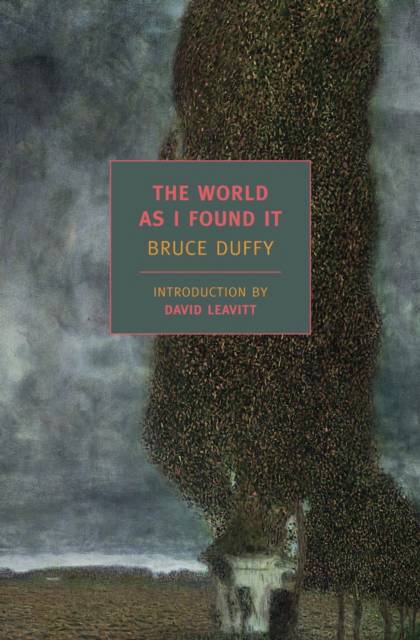
- Afhalen na 1 uur in een winkel met voorraad
- Gratis thuislevering in België vanaf € 30
- Ruim aanbod met 7 miljoen producten
- Afhalen na 1 uur in een winkel met voorraad
- Gratis thuislevering in België vanaf € 30
- Ruim aanbod met 7 miljoen producten
Zoeken
€ 38,95
+ 77 punten
Omschrijving
This "wicked, melancholy, and . . . astonishing" novel reimagines the lives of three wildly different men adrift in the 20th century: Ludwig Wittgenstein, Bertrand Russell, and G. E. Moore (Newsday). When Bruce Duffy's The World As I Found It was first published, critics and readers were bowled over by its daring reimagining of the lives of three very different men, the philosophers Bertrand Russell, G. E. Moore, and Ludwig Wittgenstein. A brilliant group portrait with the vertiginous displacements of twentieth-century life looming large in the background, Duffy's novel depicts times and places as various as Vienna 1900, the trenches of World War I, Bloomsbury, and the colleges of Cambridge, while the complicated main characters appear not only in thought and dispute but in love and despair. Wittgenstein, a strange, troubled, and troubling man of gnawing contradictions, is at the center of a novel that reminds us that the apparently abstract and formal questions that animate philosophy are nothing less than the intractable matters of life and death.
Specificaties
Betrokkenen
- Auteur(s):
- Uitgeverij:
Inhoud
- Aantal bladzijden:
- 592
- Taal:
- Engels
- Reeks:
Eigenschappen
- Productcode (EAN):
- 9781590173602
- Verschijningsdatum:
- 12/10/2010
- Uitvoering:
- Paperback
- Formaat:
- Trade paperback (VS)
- Afmetingen:
- 147 mm x 203 mm
- Gewicht:
- 603 g

Alleen bij Standaard Boekhandel
+ 77 punten op je klantenkaart van Standaard Boekhandel
Beoordelingen
We publiceren alleen reviews die voldoen aan de voorwaarden voor reviews. Bekijk onze voorwaarden voor reviews.











